VCPMC blocks revolutionary music videos , copyright infringement?
On April 18, BH Media sent a dispatch to the Ministry of Culture, Sports and Tourism, the Copyright Office, the Internal Political Security Department ( Ministry of Public Security ) and many press agencies, stating that VCPMC had obstructed the dissemination of revolutionary musical works on digital platforms.

BH Media Company - the unit authorized by the Youth Film Studio Center to manage revolutionary music videos - discovered that VCPMC had obstructed the dissemination (blocked) of revolutionary music works, including: For the people forget themselves (author Doan Quang Khai), Unification song (Vo Van Di), Day and Night march (Phan Huynh Dieu and Bui Cong Minh) and National Defense Army (author Phan Huynh Dieu) from the album Soldier's song Vol2 invested in and produced by the Youth Film Studio Center on online platforms.
Specifically, on YouTube's content management system, the information is clearly displayed: VCPMC_CS (ie VCPMC) has attached the copyright to the work Doan Ve Quoc Quan and received 100% Performance Rights (PR - Performance Right) and 100% Mechanical Rights (MR - Mechanical Right). According to BH Media, this means that YouTube has directly paid copyright fees to VCPMC from the system.
BH Media claims that VCPMC has “extorted copyrights” because YouTube has paid royalties for the music videos of Young Film Studio. Therefore, BH Media requires VCPMC to restore all blocked videos and publicly apologize for its violations.
From the blocking of the above songs, BHMedia believes that VCPMC is collecting copyrights against international practices, negatively impacting the music market.
BH Media representative affirmed: "YouTube has designed a content management system (CMS) that allows parties like VCPMC to confirm rights on each video. At the same time, YouTube proactively distributes royalties for each posted video.
Copyright management organizations and companies around the world that sign contracts with YouTube similar to VCPMC will receive royalties from YouTube through CMS. These organizations will not block or take down videos to pressure and force channel owners to pay more money like VCPMC does. VCPMC's practice of "knocking" on individuals to demand more royalties is not only against the regulations of the YouTube platform but also against the regulations of Vietnamese law."
According to Point a, Clause 3, Article 20 of the Law on Intellectual Property, copyright owners do not have the right to prohibit organizations and individuals from copying works only to exercise other rights as prescribed by this Law. For example, copying videos posted on YouTube is only for the purpose of broadcasting videos (conveying works) for viewers on YouTube.
BH Media believes that VCPMC’s licensing model and viewpoints are emphasizing the role of authors more. While organizations similar to VCPMC in developed countries will balance the interests of authors with the interests of investment, production, and distribution units, etc.
"In essence, the relationship between authors and producers and publishers is a symbiotic, mutually developing relationship. Without music production and publishing units on the YouTube platform, authors would not have much royalties. We always respect copyright, however, copyright protection on the YouTube environment in Vietnam needs to be transparent and comply with the platform's policies as well as international practices," said Mr. Nguyen Hai Binh, Director of BH Media Company.
BH Media misunderstands the act of copying
Regarding this incident, VCPMC also responded to VietNamNet explaining that BH Media's understanding was incorrect when it said that YouTube directly paid copyright fees to VCPMC.
According to VCPMC, the display of PR and MR rights in YouTube's CMS system is merely technical information displayed on the platform, not "evidence" proving exemption from legal obligations.
To ensure compliance with the law, the YouTube platform (owned by Google) has created an automatic division mechanism (by percentage) for PR and MR rights corresponding to the use of the platform to fulfill the obligation to pay the authors/copyright owners of works communicated on the YouTube platform. In other words, to be licensed to use the right to communicate the work to the public.
The copyright fee that YouTube divides here does not include the Sync rights to create audio recordings, video recordings or digital copies for posting and publishing on the YouTube platform. This right is the obligation of the uploader and producer of music content, because they are the ones who do business, exploit music content, benefit from YouTube, and make money from YouTube.
Copying a work to post or publish it on online platforms such as YouTube, Facebook, etc. does not fall under the category of "copying to exercise other rights", as stipulated in Point a, Clause 3, Article 20 of the Law on Intellectual Property. Instead, this act is governed by Clause 2, Article 20 of the Law on Intellectual Property. Accordingly, the uploader and the platform owner are two independent entities, using different rights and subject to separate, independent obligations regarding copyright.
Based on the provisions of the law and the correct identification of the subject that must fulfill the copyright obligations corresponding to the act of using and exploiting musical works, VCPMC (representing copyright owners) affirms that they have the right to license and copy to synchronize professional video content created and posted on YouTube and other digital platforms by companies and content production units.
Uploaders and channel owners (individuals or businesses) who use musical works to make money and do business on YouTube become subjects that must fulfill their own obligations regarding copyright and related rights according to the provisions of the Law on Intellectual Property. BH Media is also one of such businesses.
VCPMC affirms that comparing organizations whose management scope does not have full types of copyright property rights with VCPMC - which is a collective copyright representative organization with clear and full authorization - is providing false and misleading information.
Therefore, VCPMC has filed two lawsuits. One is to sue BH Media for copyright infringement, requesting compensation for damages (27 songs belong to VCPMC members). The other is to sue BH Media to correct information, publicly apologize for making false statements, causing damage to the image and reputation of VCPMC.
On BH Media's side, the unit said it has not received any court notice about VCPMC's lawsuit, but if it does, it will be ready to follow through.
Right to copy works on YouTube platform: According to the law, authors and copyright owners have the exclusive right to perform or allow others to perform the right to copy their works, and have the right to control the exploitation and use of their works, including the creation of digital copies of their works.
The act of organizations and individuals using the right to copy a work to shape and/or create audio, video recordings or digital copies of the work for commercial purposes instead of physically copying it as before, is considered an act of using the right to copy a work (copying for synchronization).
Production and content providers use the copyright to create audio and video recordings for posting and publishing on online platforms and social networks. Through these platforms, the public and music listeners can access musical works and music products, thereby generating revenue and profit for the platforms; at the same time, content providers/uploaders/channel owners also benefit according to the platform's profit sharing mechanism.
Regarding the user's obligations: Pursuant to Clause 2, Article 20 of the Law on Intellectual Property, the entity that copies a work to shape and/or create audio, video/video recordings to post and release on online platforms for the purpose of commercial exploitation is obliged to request permission to use and pay royalties to the copyright owner. The collective copyright representative organization shall, based on the author's authorization and the forms of use of the copying right that the user performs, conduct agreements, negotiate, grant licenses and collect royalties for this use.
Clause 2, Article 20 of the Law on Intellectual Property
To be considered "copying solely for the purpose of exercising another right" under the regulations, the copying must satisfy two conditions:
(i) the purpose of copying is to exercise another right - is a necessary and mandatory condition; (ii) at the same time, the copying subject must be the person exercising that "other right".
Compared to online copying, in the case of online copying for commercial exploitation on platforms such as YouTube or Facebook, there are two separate legal entities involved with two separate acts of use, which are:
- The "Poster" exercises the right of copying to create a digital copy stored on the platform.
- "Online platform" uses the right to communicate and provide works to the public through its technical means.
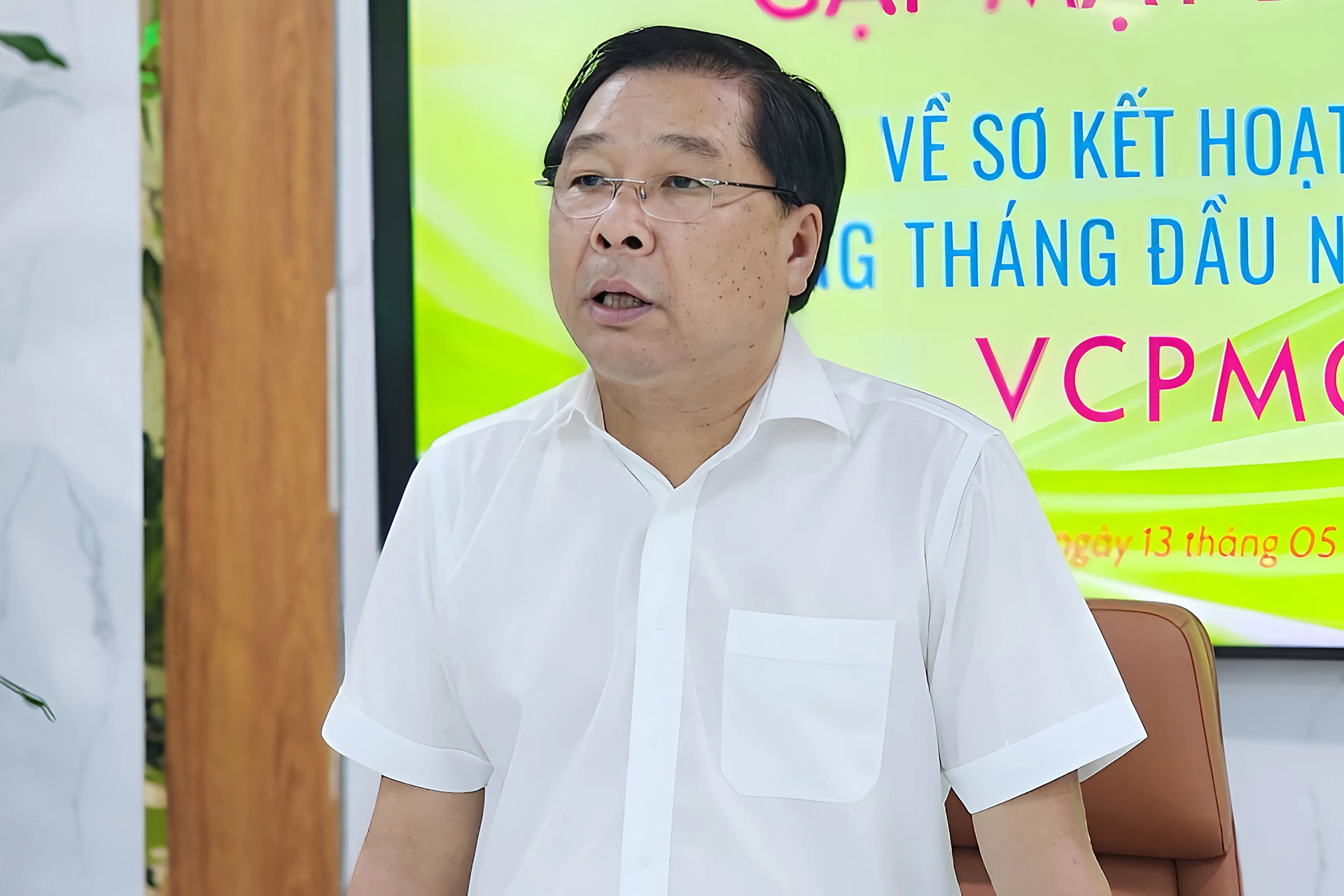
Source: https://vietnamnet.vn/bi-to-chan-cac-ca-khuc-cach-mang-lam-thu-tien-tac-quyen-vcpmc-noi-gi-2405260.html








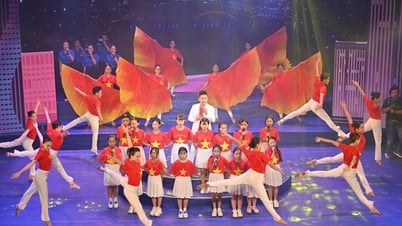

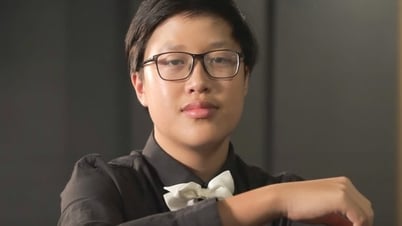

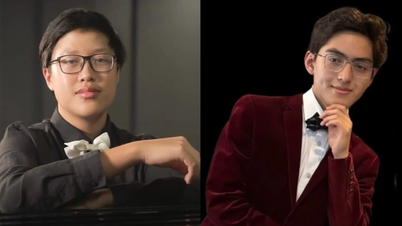

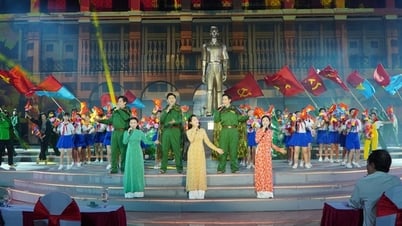
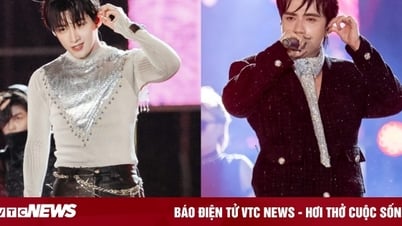






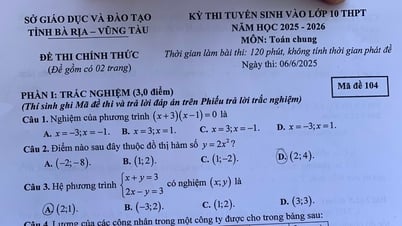
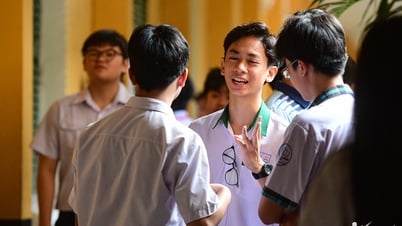
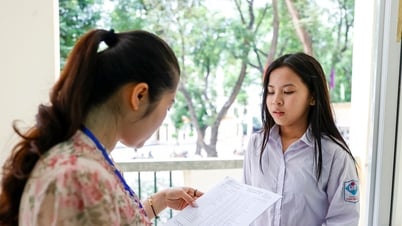












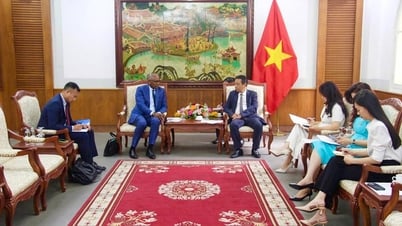


















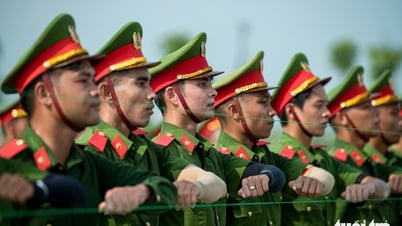

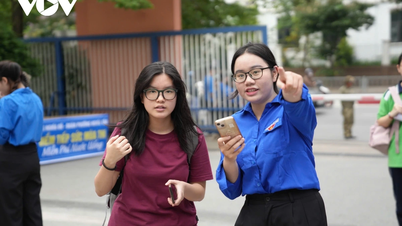

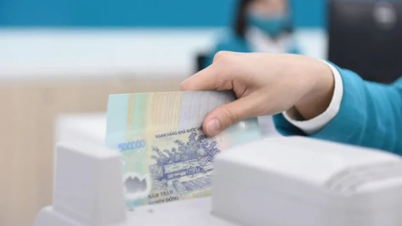


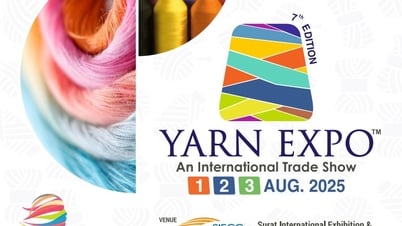


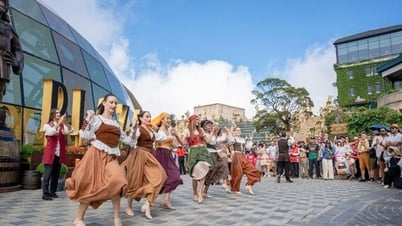


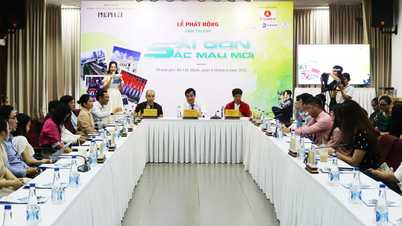







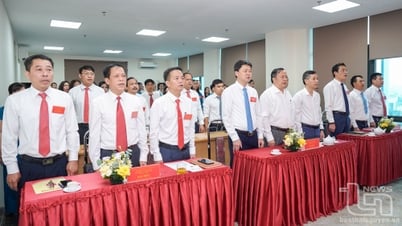



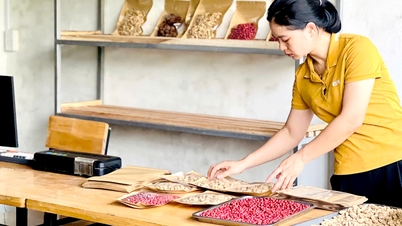






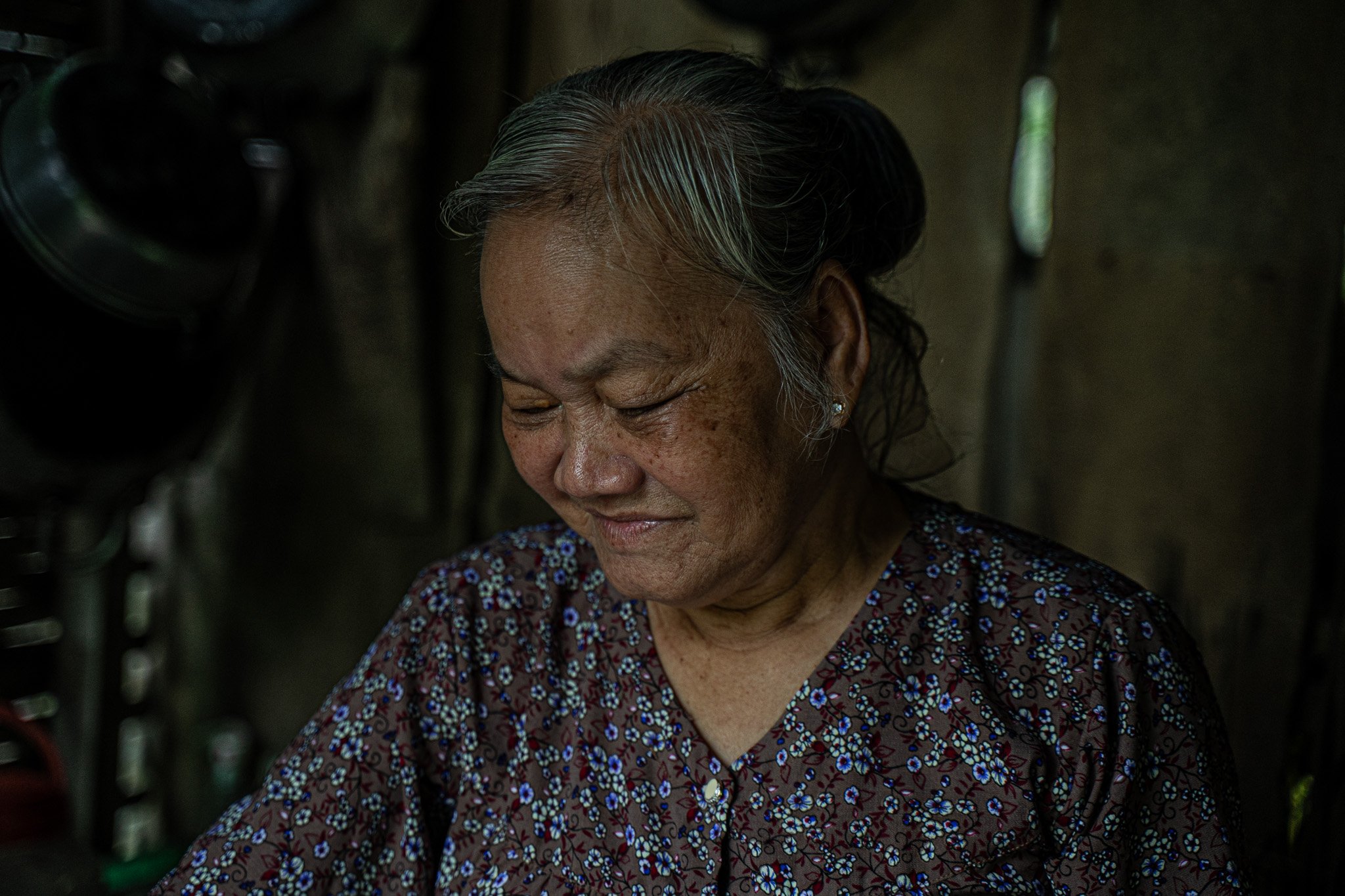

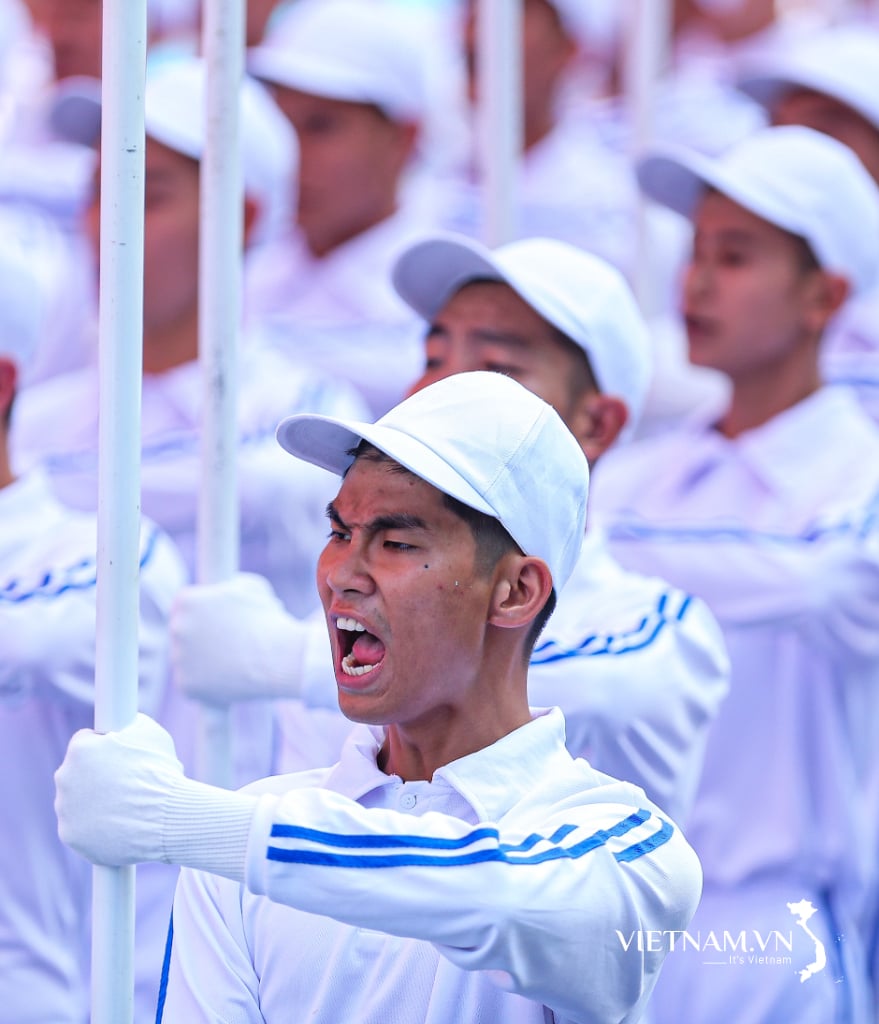

Comment (0)